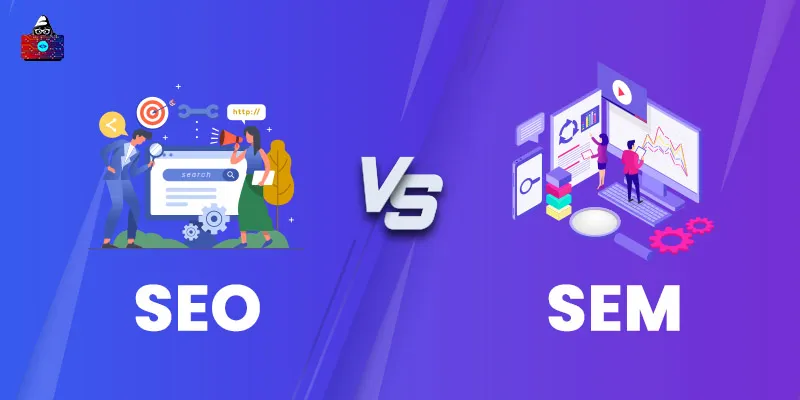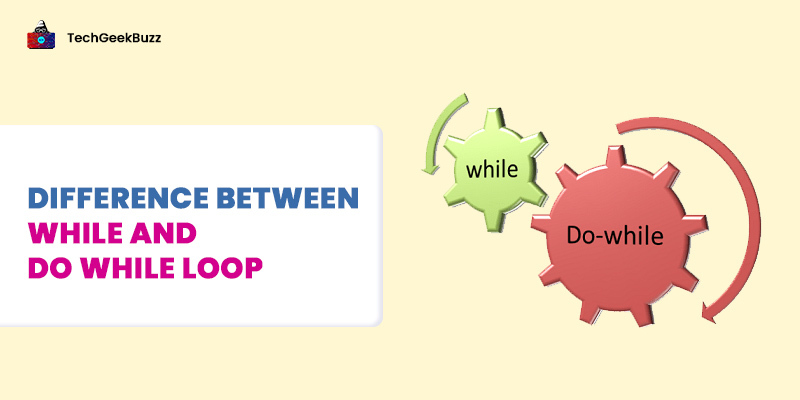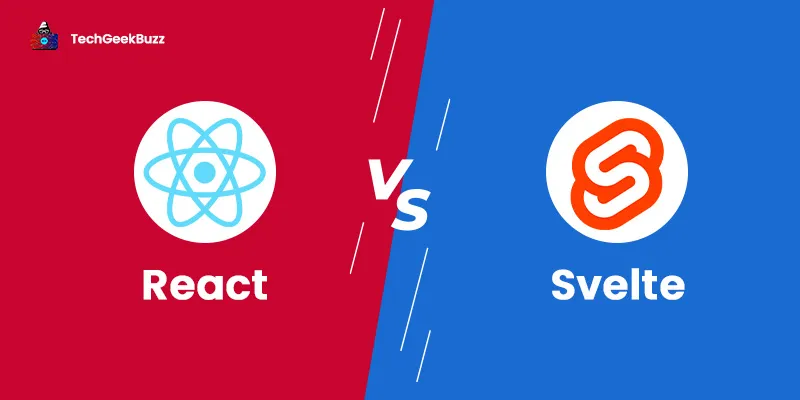Digital marketing is one of the best ways to promote any business today. However, it is not similar to traditional marketing. Digital marketing involves several techniques, out of which SEO and SEM stand out to be the most prominent ones. Both SEO and SEM play vital roles in digital marketing, yet they're both relatively different. SEO is all about optimizing the website's content according to the guidelines of a search engine .
On the other hand, SEM involves the marketing of content over a search engine. As you can notice, SEO, as well as SEM, is associated with search engines; however, they are completely different practices.
Still, many people often get confused between the two terms. So, what exactly makes SEO and SEM different from each other? Well, this article will help you learn the key differences between SEO and SEM and understand how we use them to achieve certain marketing goals.
What is SEO?
SEO is the technique of optimizing and improving the quality of content updated on a website or webpage so that it can rank better on SERPs (Search Engine Result Pages). This is one of the primary and most essential processes that no business can skip and can expect to create a global presence on the internet. The main motive of search engine optimization is to help you present your content on the top search results for your target audience and drive them to your website. It works well to get you organic traffic with minimal investment.
In other words, SEO aims to rank a website or a web page on the top results produced by a search engine for certain search terms or queries. The ranks can be improved with better optimization techniques to hack the search engine algorithm.
How Does SEO Work?
Every business, website, or brand wishes to appear on the top of the first page of the Google Search Results. To help them achieve this, SEO plays a prominent role. Whenever you search for anything on Google, you do not write a complete question along with the expressions in the Google search bar, do you?
Nobody does that; the most common practice to surf the internet is to write the phrases and essential terms, and Google brings you precisely what you are looking for.
Technically, these important words and phrases are called keywords, and they are the most important aspect of search engine optimization. Usually, a keyword is considered to be good when its search volume is high, and the search volume represents the number of people searching for the keyword. To optimize any content for search engines, there are three major things a content should attain :
- It should be unique and of good quality.
- The keyword density should be good enough.
- It should be properly optimized for on-page SEO that includes the meta title, meta description, relevant image, and hyperlinks.
What are the Types of SEO?
SEO is generally of three types, namely, on-page SEO, off-page SEO, and technical SEO. Here’s a brief overview of each type of SEO.
- On-page SEO: It focuses on optimizing the content available on a web page itself.
- Off-page SEO: It includes various activities that are done elsewhere on the internet to get backlinks to your webpage.
- Technical SEO: It refers to the techniques implemented to optimize the whole website and its server.
What is SEM?
Search engine marketing (SEM) is the paid way to attract traffic to a specific website. Those who cannot wait for months to get their website to get featured in the top search results use SEM. In general, you may have noticed that many times when you perform a search on Google Search or Bing, the very first result has an “Ad” banner alongside it, which means the respective website or business has paid the search engine to advertise their content on the top.
This practice is termed search engine marketing. Since search engine marketing is dependent on the amount you invest, the traffic on your website is temporary but consistent until you keep paying.
How Does SEM work?
As mentioned above, every business wants to be at the top of the search engine results. SEM becomes more crucial when you're looking for immediate conversions with limited-period offers on your products or services. With SEM, it is not only about bringing people to your website but also selling them your product or service. SEM helps to beat your competitors and make conversions from search engine queries.
As SEM focus on CPC (cost per click) of keywords, it becomes a very important factor to consider. When you choose a keyword for SEM, the cost per click tells you how much businesses are investing to get a single click for that particular keyword. For SEM, you also need to design an ad campaign and funnels to get traffic to your website.
With SEM, it is possible to perform hyper-targeting, i.e., you can target a particular group of individuals based on their age, gender, location, or interests. Even though SEM is paid, a certain skill set is required for you to devise effective ad campaigns and get the right customers to your website. SEM depends on the following important factors:
- Bidding of website.
- A good quality score of the content.
- The number of ads the website has got.
SEO vs SEM: What is the Difference?
Now that you developed a good understanding of SEO and SEM let us discuss what makes the two different from each other.
- Time
Search engine optimization is a slow process to make your website or webpage visible or ranked, but you do not have to pay to get the traffic. However, SEO takes time to generate the required results; you cannot generate a lot of traffic immediately. On the other hand, search engine marketing allows you to drive traffic to your website or web page quickly, but it requires you to make investments for running ad campaigns.
- Type of traffic
The most fundamental difference is that SEO drives organic traffic, whereas SEM drives inorganic traffic to your website or web page.
- Determination of the target audience
Search engine optimization does allow us to decide our target audience. However, when we use search engine marketing, we can determine the group of people who should visit the website through the ad campaigns.
- Investment
SEO can be done at a very low investment, whereas SEM can cost you more when compared to SEO. However, hiring an expert to execute either of them is an additional expense.
SEO vs. SEM: What is Similar?
There are some similarities between SEO and SEM as well that are as follows:
- Both SEO and SEM help your website to rank on the search engine result pages.
- Each process aims to help you bring more traffic to your website.
- Both the process requires keywords and unique content.
- Both SEO and SEM demand consistent efforts.
The factors that are helpful for the SEO strategy are generally beneficial for SEM as well.
Which is Better: SEO or SEM?
When choosing between SEO and SEM, you need to consider your preferences. Ask these questions before selecting any one of them or both.
- What is the niche of your website?
- What is the competition in your niche?
- How well do you comprehend your market segment?
- The average rate-per-click of your niche?
- Is your website new or has some prior recognition?
- Do you want to invest, or do you have funds to invest in an advertisement?
- What are you offering in the ad?
Wrapping it up
Considering either SEO or SEM for your brand or business becomes challenging as both have their own characteristics. You can plan to employ both techniques one after another or simultaneously. To get better conversion in less time, it would be the best call to implement both SEO and SEM at once. Since the market is full of competition, you always have to look for unique ideas to stand out. Also, it is always a good idea to focus on SEO as it can significantly increase traffic to your website in the long run.
People are also reading:





Leave a Comment on this Post